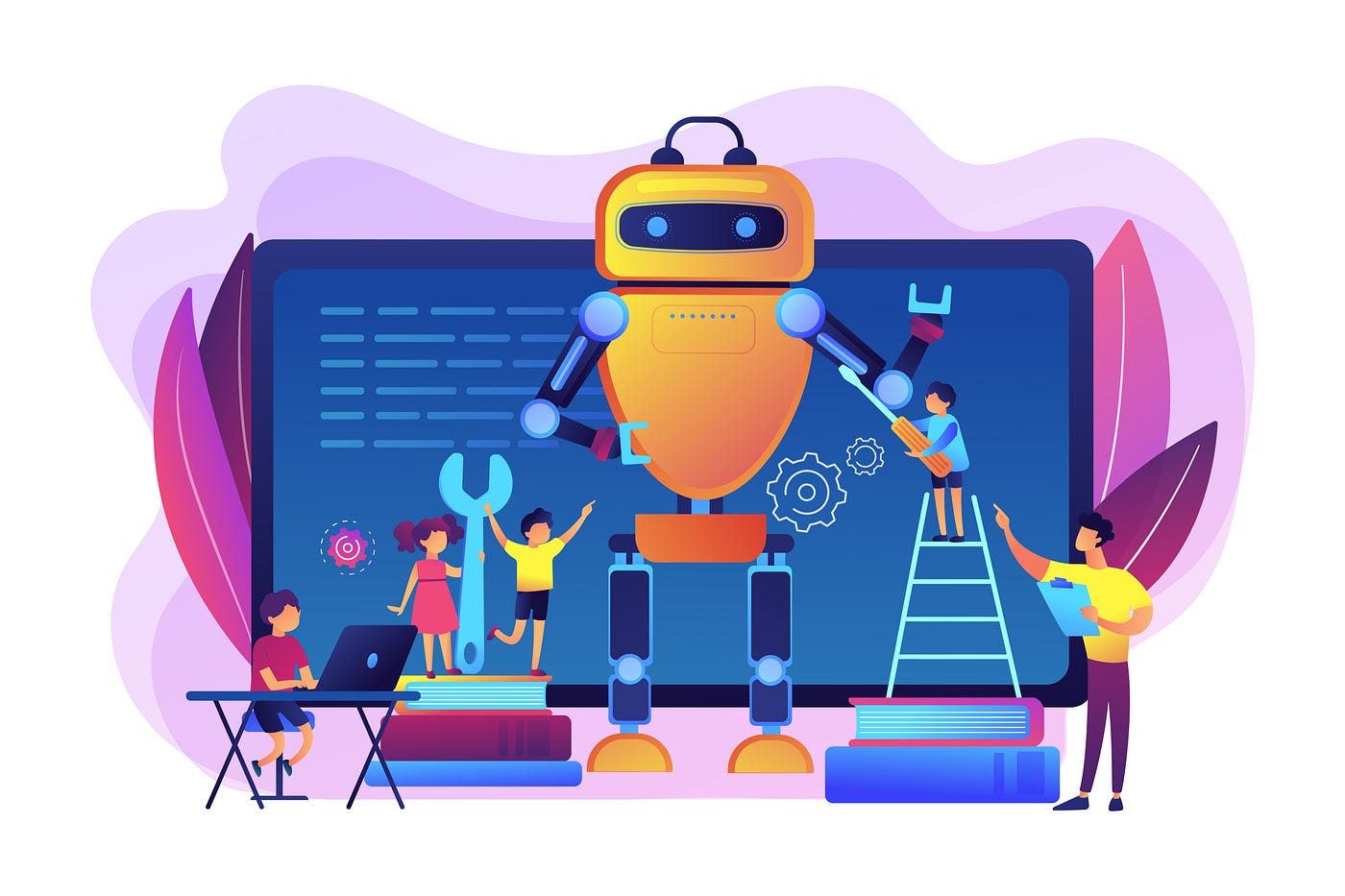Learning to code may be extremely difficult for adults, which leads many parents to believe that learning to code is impossible for children.
However, in today’s world of artificial intelligence (AI) and automation, coding is quickly becoming one of the most popular subjects in schools.
This may seem ridiculous, but children are fantastic at learning to code.
If a child begins learning to code at a young age, it opens up a world of possibilities for both life skills and career exploration.
In this article, we will discuss what is coding for kids and its benefits. We will also touch upon our coding classes for kids. So, keep reading.

Introduction
The question, “What is coding for kids?” is becoming increasingly popular.
Given society’s growing reliance on technology, it’s no wonder that an increasing number of individuals are interested in learning this seemingly impossible skill and mindset.
Coding allows youngsters to become self-sufficient citizens in a society where technology is pervasive.
Learning to code allows students to gain a greater understanding of one part of the digital world in which we live, as well as become more equipped for it in certain aspects.
The goal of learning to code is no longer limited to becoming a professional coder and satisfying the labour market demands.
Parents are particularly enthusiastic about their children learning to code.
A recent study reveals that 90% of parents in Australia want coding for children to be included in school curricula.
In this guide, we’ll go over what coding is for kids, the advantages, the statistics, and why this specific type of computer literacy is so crucial right now.
What Is Coding For Kids?
Coding (or programming) is a creative process in which computer programmers instruct a computer or machine on how to carry out a given task.
It entails utilising computer programming languages such as Java or Python to create executable scripts.
Some people consider coding to be a method of interacting with computers.
Programmers issue commands to computers, which the computer executes.
Coders, programmers, and developers can build games, applications, computer software, websites, and interactive digital content.
Benefits Of Coding For Kids
The advantages of coding may be surprisingly many.
When it comes to preparing your children for the future from a young age, coding provides a wealth of opportunities for them to learn life skills and explore career options.
The top five advantages of coding for youngsters are discussed below:
1. Computational thinking
Computational thinking is an organised and established strategy for identifying issues that anybody can use, regardless of age or computer proficiency.
It promotes critical thinking and focuses on assisting students in developing and implementing problem-solving skills.
Because it’s “cross-disciplinary,” it’s a good idea to start teaching it in elementary school or even preschool. Within the same setting, all disciplines are organically merged for the pupils.
2. Improves communication
Communication is a must-have ability in school, business, and life, no matter what you do.
There is nothing that may stop you from succeeding in many businesses and life if you know how to explain complicated concepts in simple ways.
When children and teenagers learn to code, they gain a critical skill: the ability to connect with computers.
After all, computers can only comprehend complicated ideas if they are broken down and organised in a way that they can comprehend.
3. More collaboration
Coding entails confronting and resolving issues. Finding answers via study and cooperation is at the heart of learning to code.
Collaboration is an important part of learning to code and a skill that will benefit kids and adolescents in school, at work, and in life in general.
4. An added advantage to academic skills
Start learning to code if you want to be more appealing to admissions officials and potential companies.
This is a valuable talent that many of your classmates lack, and it will offer you the competitive advantage you need when applying to universities, internships, and employment.
Coding promotes the development of executive functioning abilities such as problem-solving, planning, and mathematical thinking, in addition to computational thinking and programming skills.
Kids will be given a skill set that will aid them in their academic endeavours.
5. More demand for coders
We are living in one of the most revolutionary periods in history, and learning to code will increase your child’s prospects of pursuing a profitable STEM profession.
Artificial intelligence (AI) and computer employment are expanding rapidly, more than double the national average.
Coders are in great demand and have become a necessary talent, with graduates with CS majors earning 40% more than the average college graduate.
6. Improves persistence
Learning to code is difficult, just like learning anything new.
When you’re coding, you’ll run across complex difficulties and make mistakes, and dealing with them might be frustrating.
When confronted with such problems, coding will teach youngsters and teenagers the crucial talent of perseverance.
Conclusion
Show your youngster what they can create with code to pique their curiosity.
They will be able to accomplish anything with coding, including making games and applications, producing animations, and much more.
And, of course, it’s entertaining! Even if your child eventually wants to study anything other than computer science, their coding abilities will be useful in various fields—coding teaches problem-solving, organisation, math, narrative, design, and more.
Most significantly, knowing what is coding for kids and how coding turns children from passive consumers to inventive producers, with eyes that perceive technology as more than simply a toy, but as a challenge to solve and a chance to create.














Leave A Comment